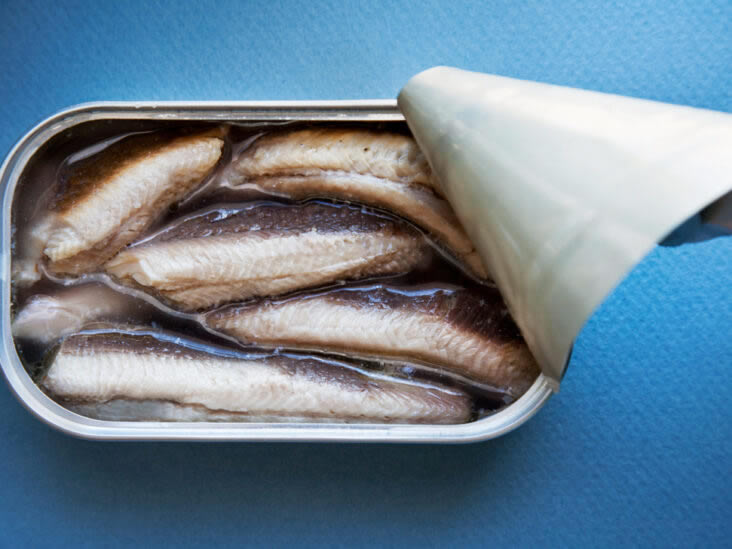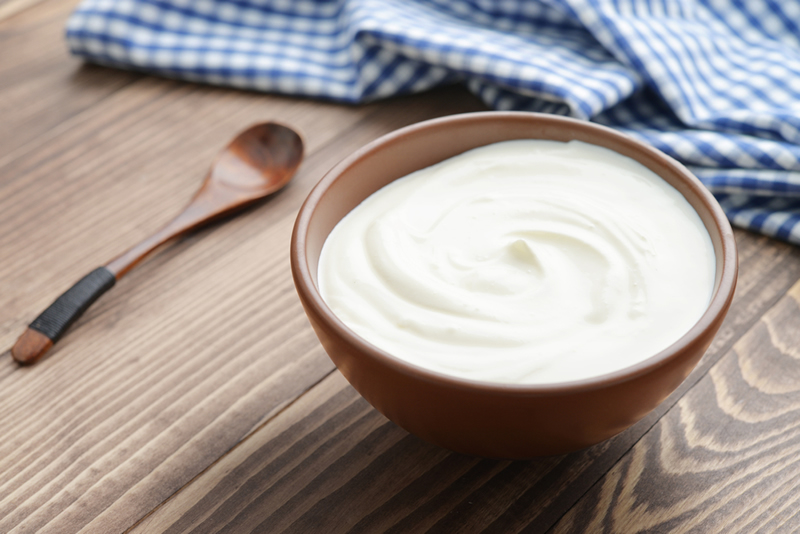Re-thinking your diet will help to minimise muscle soreness whilst keeping your training on track. Discover the best anti-inflammatory foods to give yourself a helping hand post-workout…
Anyone who works out regularly knows all too well the niggling aches and pains that come as standard after a tough training session.
Delayed onset muscle soreness (or DOMS) and the associated discomfort is a result of micro-tears in muscle tissue, which leads to gradual inflammation. This is not necessarily a bad thing, but more a sign that you need to rest and recover whilst your immune system kicks in to heal your body. The pain can last anywhere from 24 hours to a few days. Luckily, eating anti-inflammatory foods could help.
‘Inflammation is a normal response to training. It’s a bit of a double-edged sword, as some degree of inflammation is an essential part of the recovery process and can promote training adaptations. So, you don’t want to reduce it entirely, but it can delay the recovery process significantly if prolonged,’ says Kate Shilland, sports nutritionist for supplement brand CurraNZ.
‘Keeping it in check is important, particularly for individuals or athletes who train on consecutive days, to ensure that quality training sessions are maintained.’
Try eating anti-inflammatory foods to prevent muscle soreness
There are lots of ways you can speed up the healing process. Likewise, there are things that slow down the rate at which you recover. Lack of sleep (less than seven to eight hours of good-quality snoozing time) and stress will all hamper your body’s ability to cope with the after-effects of exercise.
‘Certain foods are also known to promote inflammation, and there are no surprises on this list. It’s the usual suspects of processed food, simple sugars, alcohol, plus saturated and trans fats.
‘It’s important to limit your intake of these foods in general, but this becomes particularly important if you’re suffering from an injury or have inflammatory conditions, because they delay recovery time,’ shares Shilland.
By better managing your post-workout habits, you could recover faster, perform better and even reduce your injury risk. So, try to cram as many nutrients into your body as you can. ‘Eating anti-inflammatory foods could help improve recovery by reducing oxidative stress and inflammation,’ believes Shilland.
Here are our top fast-acting anti-inflammatory foods to help minimize inflammation and leave you fighting fit for your next training session…
- Cherries
Dark-skinned fruits such as cherries are high in health-giving antioxidants. Various studies on fitness recovery point specifically to tart cherry juice because it contains concentrated levels of anthocyanin antioxidants.

Science backs the case for sipping on the tangy drink. One study revealed that marathon runners who consumed cherry juice five days prior to, the day of and for 48 hours following a marathon run experienced less inflammation than those who consumed a placebo drink.
- Turmeric
This yellow Indian spice is full of antioxidant and anti-inflammatory benefits. What’s more, it also contains an active compound called curcumin. This is responsible for its distinctive golden pigment and its analgesic properties.

Add a teaspoon of powdered turmeric along with a pinch of black pepper to post-workout smoothies to reap the wellbeing rewards. Black pepper contains a special compound called piperine. This increases your body’s ability to absorb the properties of curcumin by up to 200 per cent.
- Beetroot
We love the way a few slices of beetroot wakes up a humble plate of salad leaves. But even better: the vibrant root vegetable can work wonders for post-workout muscle fatigue too.

A study by researchers at Northumbria University found that gym-goers who drank 250ml of beetroot juice reported less muscle soreness than those who had a placebo during the 48- and 72-hour periods after exercise.
It’s thought that nitrate (an anti-inflammatory compound contained in the juice) helped to dampen down oxidative stress in muscle fibres.
- Sardines
Oily fish such as sardines are a fantastic source of omega-3 fatty acids, in the form of EPA and DHA. These help to lower levels of prostaglandins (special compounds that act as signals to regulate various processes in the body, including inflammation).

As the body can’t make omega-3 fatty acids, they must be obtained through the diet. Try to eat a variety of oily fish such as sardines, salmon and mackerel, along with plenty of nuts and seeds two to three times a week.
Regular consumption will provide you with the good fats that you need to recover quickly, keep blood flowing efficiently around the body, and will give you a dose of protein to repair muscle tissue.
- Kefir
There are a whopping 100 trillion microbiomes living in your body. 95 per cent of these specifically line your gastrointestinal tract.
Keeping digestion in good shape is crucial to minimise muscle soreness after exercise. This is because your digestive system is where nutrients are absorbed and inflammatory responses are kept in check.

Taking a probiotic supplement and eating lots of probiotic-rich foods will help maintain a thriving microbiome. So, load up on fermented foods such as kefir to help improve digestion and nutrient absorption for greater health gains.



